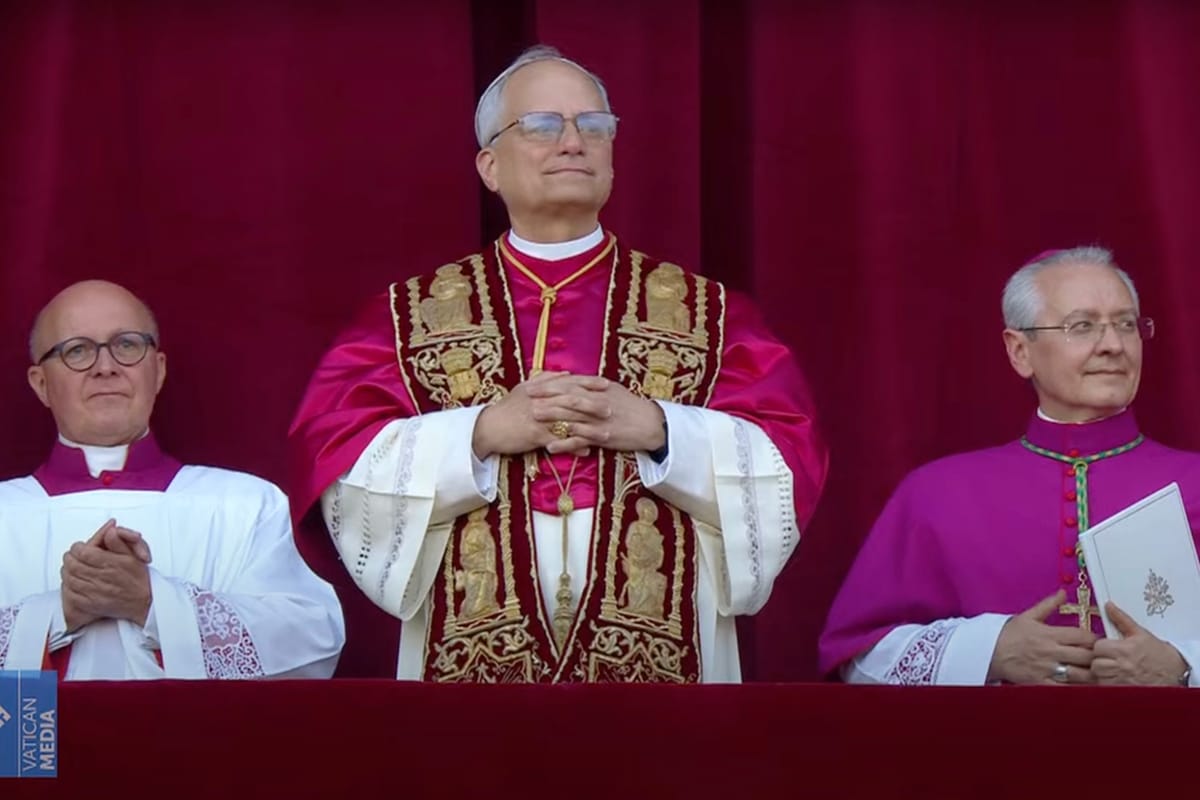

Historic Election in the Vatican
The Catholic Church witnessed a historic moment on May 8 as Cardinal Robert Prevost, a 69-year-old American originally from Chicago, was elected as the 267th pope, taking the name Pope Leo XIV. This marks the first time in the Church’s 2,000-year history that an American has ascended to the papacy. Prevost, who has served as the head of the Vatican’s Dicastery for Bishops since 2023, emerged as a compromise candidate after three rounds of voting in the Sistine Chapel, where 133 cardinal electors from 70 countries deliberated to choose a successor to Pope Francis, who passed away on April 21 at age 88.
Prevost’s election followed days of intense scrutiny and anticipation, with black smoke signaling inconclusive votes on May 7 and earlier on May 8. His selection required a two-thirds majority, or at least 89 votes, reflecting the diverse and complex dynamics within the College of Cardinals. The announcement, greeted by cheers in St. Peter’s Square, signifies a new chapter for the 1.4 billion Catholics worldwide, with Prevost’s background as a missionary and administrator shaping expectations for his papacy.
A Life of Service and Faith
Born in Chicago, Prevost’s journey to the papacy was shaped by decades of service, particularly in Latin America. A member of the Augustinian order, he spent significant time as a missionary in Peru, later serving as the bishop of Chiclayo from 2014 to 2021. His dual U.S. and Peruvian citizenship, earned through years of ministry, has positioned him as a bridge between the Americas and the Vatican. Since 2023, he has overseen the appointment of bishops worldwide, a role that has given him extensive influence and connections within the global Church.
Father Mark R. Francis, a former seminary classmate at the Catholic Theological Union in Chicago, described Prevost’s leadership style: 'It would be similar in terms of basic goals, I think. The kind of style he would bring to the papacy would be calm, steady, very direct kind of guidance'. This perspective highlights Prevost’s reputation as a centrist who balances progressive outreach to marginalized communities with adherence to traditional Church doctrine, such as his opposition to ordaining women as deacons.
Balancing Tradition and Outreach
Prevost’s papacy is expected to build on the legacy of Pope Francis, who appointed 108 of the 133 voting cardinals, making this one of the most diverse conclaves in history. His work in Peru, championing the poor and migrants, aligns with Francis’s emphasis on compassion. However, his expertise in canon law and commitment to traditional institutions have made him appealing to those seeking stability after Francis’s progressive reforms. 'He is undoubtedly qualified, as the only clear qualifications for the role of pontiff are that candidates be male and Roman Catholic', noted a Vatican observer, emphasizing Prevost’s eligibility and broad appeal.
The election has sparked reflection on the Church’s global role. Prevost’s experience in Latin America and his current Vatican responsibilities suggest a focus on strengthening Catholic communities in the developing world while maintaining doctrinal clarity. His choice of the name Leo XIV, evoking Pope Leo XIII, who addressed social issues in the late 19th century, signals an intent to engage with contemporary challenges through a lens of faith and tradition.
A New Era for American Catholics
For American Catholics, numbering over 61 million, Prevost’s election is a milestone. The United States has 17 cardinals, 10 of whom were eligible to vote in the conclave. Despite historical reluctance to elect an American pope due to geopolitical concerns, Prevost’s global experience and dual citizenship likely eased such reservations. The faithful gathered in St. Peter’s Square, including nuns from Vietnam and pilgrims playing cards to pass the time, erupted in joy as white smoke and the proclamation Habemus Papam confirmed his election.
As Pope Leo XIV, Prevost faces the challenge of leading a Church navigating cultural shifts and internal debates. His steady hand and deep roots in both American and Latin American contexts position him to guide the faithful with a blend of compassion and conviction, rooted in the Church’s timeless teachings.
Dues are $12 per year. Member benefits:
✅ Ad-Free Website Viewing
✅ Advocacy for Republican Seniors
✅ 120+ Senior Discounts
✅ Member Only Newsletters